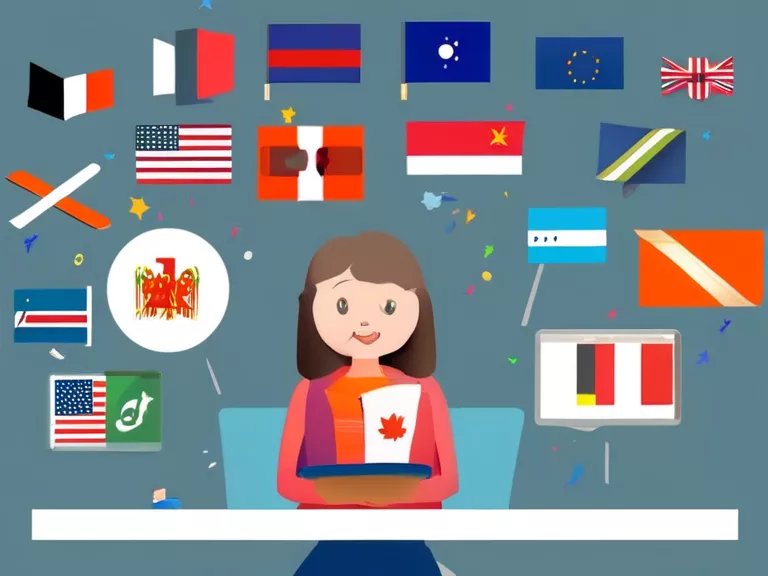
With the advancement of technology, virtual learning platforms are revolutionizing education worldwide. These platforms offer a wide range of benefits such as accessibility, flexibility, interactive features, and personalized learning experiences. Teachers and students are utilizing these platforms to enhance their learning and teaching methods. Let's delve into how virtual learning platforms are transforming education globally.
One of the main advantages of virtual learning platforms is accessibility. Students from remote areas or with mobility constraints can now access education easily from anywhere in the world. This has provided equal opportunities for all individuals to pursue their educational goals without any limitations.
Moreover, virtual learning platforms offer flexibility in terms of time and schedule. Students can learn at their own pace, making it easier for them to grasp concepts and retain information. This flexibility also benefits working professionals who can balance their work and studies efficiently.
These platforms also come with interactive features such as video lectures, quizzes, and discussion forums that engage students actively in the learning process. This hands-on approach enhances their understanding of complex topics and encourages collaboration among peers.
Virtual learning platforms enable personalized learning experiences tailored to individual needs and preferences. With adaptive learning algorithms, students receive customized content and assessments based on their learning styles and progress. This individualized approach helps students achieve better academic outcomes.
In conclusion, virtual learning platforms are reshaping the landscape of education by providing accessibility, flexibility, interactivity, and personalized learning experiences. As technology continues to evolve, these platforms will play a significant role in facilitating education on a global scale.



